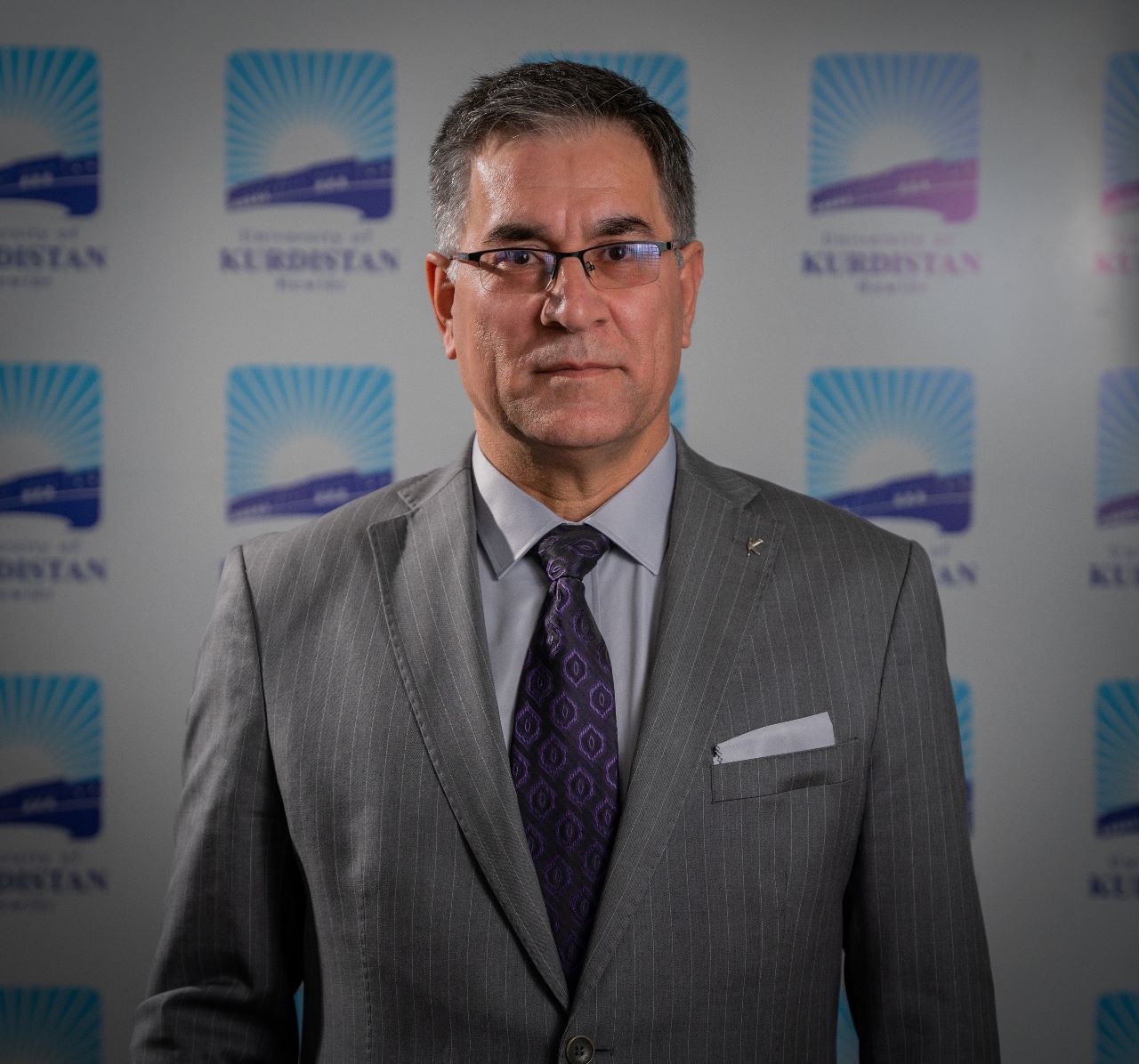Tarik A. Rashid, PhD, Post Doc, Prof, Principal Fellow (PFHEA-UK)
Professor in Computer Science/Artificial Intelligence - Director of Artificial Intelligence and Innovation Centre (AIIC)
Introduction
Prof. Dr. Tarik Ahmed Rashid is a Principal Fellow for the Higher Education Authority (PFHEA-UK) and a professor in the Department of Computer Science and Engineering at the University of Kurdistan Hewlêr (UKH), Iraq. He pursued his Post-Doctoral Fellowship at the Computer Science and Informatics School, College of Engineering, Mathematical and Physical Sciences, University College Dublin (UCD), Ireland. His areas of research cover the fields of Artificial Intelligence, Nature Inspired Algorithms, Swarm Intelligence, Computational Intelligence, Machine Learning, and Data Mining. He is a member of (IEEE, Machine Intelligence Research Labs). He has journal editorial experience as an editor/board member and acted as a Keynote conference speaker in several conferences, conference chairing, conference program committee member, etc. He has authored and edited Web of Science and Scopus-indexed publications, including books and book chapters published by CRC, Springer, Elsevier, and IET.
Tarik is among Top 4 researchers in Iraq by number of Web of Science (WoS)-indexed published documents in Engineering research filed over 5-year period from 2019 to 2023.
It is noteworthy that Professor Tarik Ahmed Rashid is on the prestigious Stanford University list of the World’s Top 2% of Scientists for the years 2021, 2022, 2023 and 2024. The ranking has been performed with 44 criteria.
Tarik is also on the list of top 10 researchers in the Al-Ayen Iraqi Researchers Ranking (2022). AIR-Ranking 2022 is a national ranking organized by Al-Ayen University. The ranking has been performed with 24 criteria.
His research work spans mainly three areas:
- The first research area is optimization. Optimization means trying to select the best solution for a specific problem among many alternative solutions. The objective can be minimization, such as minimizing cost or time, or it can be maximization, such as maximizing profit or production. There are two main methods for optimization: deterministic and stochastic. His focus is on the second type. Metaheuristics algorithms are of stochastic types, which are inspired by nature. It is proven that when the number of possible solutions is large enough which makes it infeasible for the deterministic algorithms to be used, metaheuristic algorithms come to play their important role by providing decent solutions during an acceptable time. It is worth mentioning that our team has designed a number of single and multi-objective optimization algorithms, such as Fitness Dependent Optimizer (FDO), Child Drawing Development Optimization (CDDO), Donkey and smuggler optimization (DSO), Ant Nesting Algorithm (ANA), FOX Algorithm (FOX), Learner Performance based Behavior (LPB), Goose Algorithm (Goose), Lagrange Elementary Optimization (Leo), Shrike Optimization Algorithm (SHOA), Evolutionary Clustering Algorithm Star (ECA*), and Improved Evolutionary Clustering Algorithm Star (iECA*). His team also has designed several multi objective optimization algorithms, such as Multi-Objective Fitness Dependent Optimizer (MOFDO), Multi-objective Learner Performance based Behavior (MOLPB), and Multi-objective Ant Nesting Algorithm (ANA), and Grid Multi-objective Cat Swarm Optimization (GMOCSO).
- The second research of interest is around machine learning, pattern recognition, classification, and prediction. The applicability of machine learning methods is often limited by the amount of available labeled data and by the ability of the designer to produce good internal representations of the data or features, and good similarity measures to compare them. His focus has been to alleviate these two limitations by devising good and hybrid algorithms that learn good internal representations, and invariant feature hierarchies from data, His team has redefined Machine Learning algorithms by designing new algorithms such as Artificial Liver Classifier (ALC) and Foxtsage.
- The third area is DNA computing, DNA computing is an interdisciplinary area in which ecologists, biologists, computer scientists, physical scientists, mathematicians, chemists, and other related specialists identify interesting problems that may be useful for the theoretical and practical sides of DNA computing. DNA computers are essentially assortments of chosen DNA strands. The combinations of these strands imply solutions to a given problem that is to be solved. His research work is to propose an evolutionary DNA algorithm based on the standard DNA algorithm as it is presented to solve the shortest path and job scheduling problems to increase the possibility of having an optimum solution and to improve the average cost of the final or the best job.
He received his Ph.D. degree in Computer Science and Informatics from the College of Engineering, Mathematical and Physical Sciences, University College Dublin (UCD), Ireland.
Education
- - Ph.D. in Computer Science and Informatics, College of Engineering, Mathematical and Physical Sciences, University College Dublin (UCD), Ireland, 2001-2006.
- - P.G.D. in Computing, Faculty of Computing, Griffith College Dublin (GCD), Ireland, 2000- 2001.
- - B.Sc. in Engineering, College of Engineering, University of Mosul (UoM), Mosul, Iraq, 1986-1990.
Research
Academic staff research summary can be briefly described as follows: o +200 documents in Web of Science o +200 documents in Scopus o +200 documents in DBLP
Professional Membership
- Machine Intelligence Research Labs
- Natural Computational Intelligence Research Center
- Global Burden of Disease (GBD)
- Association for Computing Machinery

